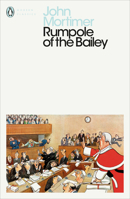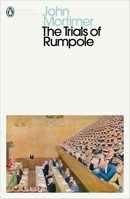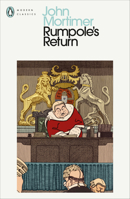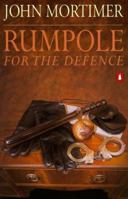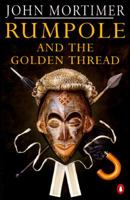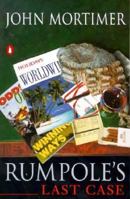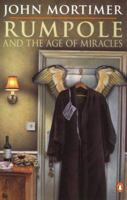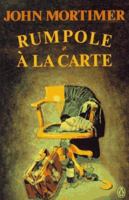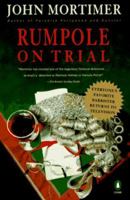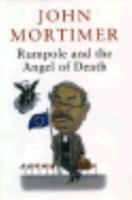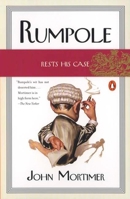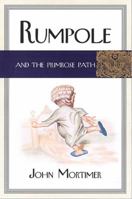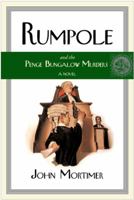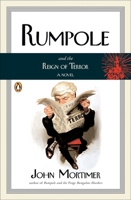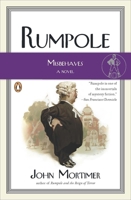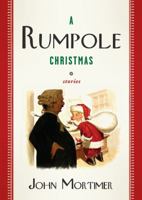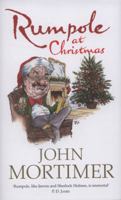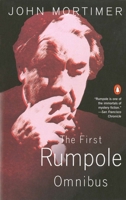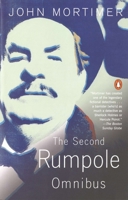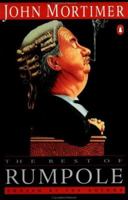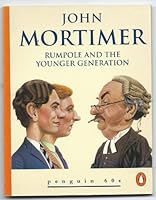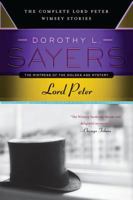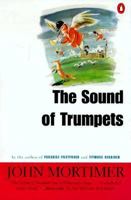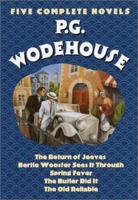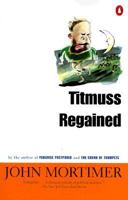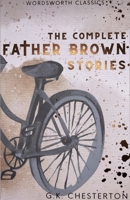Fifty Key Thinkers on Religion (Routledge Key Guides)
Select Format
Select Condition 
Book Overview
Fifty Key Thinkers on Religion is an accessible guide to the most important and widely studied theorists on religion of the last 300 years. Arranged chronologically, the book explores the lives, works and ideas of key writers across a truly interdisciplinary range, from sociologists to psychologists.
Thinkers covered include:
Friedrich Nietzsche James Frazer Sigmund Freud Emile Durkheim Ludwig Wittgenstein Mary Douglas Talal Asad S ren Kierkegaard
Providing an indispensable one volume map of our understanding of religion in the west, the book is fully cross-referenced throughout and provides authoritative guides to important primary and secondary texts for students wishing to take their studies further.
Format:Paperback
Language:English
ISBN:0156551756
ISBN13:9780156551755
Release Date:January 1992
Publisher:Harvest Books
Length:1 Pages
Weight:0.25 lbs.
Dimensions:0.4" x 4.2" x 7.0"
You Might Also Enjoy
Customer Reviews
4 customer ratings | 3 reviews
There are currently no reviews. Be the first to review this work.













